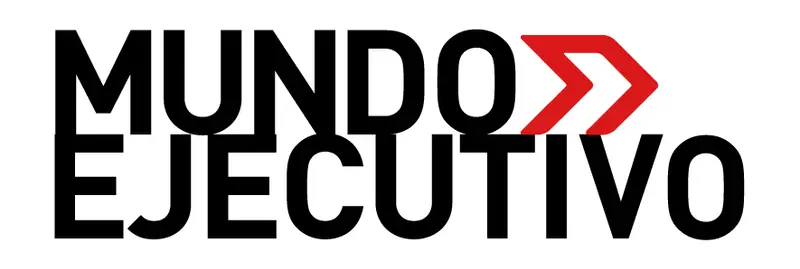Context of the New Military Recruitment Law
Russian President Vladimir Putin has recently introduced a new law aimed at addressing the ongoing difficulties faced by the Russian military in terms of recruitment. The legislation, signed in November 2024, allows for the complete write-off of debts up to 10 million rubles (approximately $96,000) for individuals who enlist in the Russian military. This proposal is indicative of the drastic measures the Kremlin is willing to take to replenish its armed forces in light of the continuing war against Ukraine.
Details of the Debt Relief Offer
The new law specifically states that the debt relief applies to those recruits who join the military service after December 1, 2024. It is important to note that the law targets debts that have already progressed to a court-ordered collection stage prior to the enlistment date. Moreover, the initiative extends benefits to spouses of new recruits, further incentivizing military service among married individuals.
Comparison with U.S. Policies
This legislative action by Putin has drawn parallels to recent U.S. policies where President Biden’s administration initiated loan forgiveness programs, aimed primarily at public servants. While Biden’s offered debt relief is not directly tied to military service, both strategies showcase a governmental effort to provide financial incentives with the broadened aim to bolster public service roles. Biden’s initiatives have seen significant loan forgiveness rates, with billions allocated to aid nearly 5 million borrowers over time.
Strategic Military Implications
The offering of debt relief in exchange for military service can be seen as a desperate yet strategic maneuver to enhance troop recruitment as Russia continues to combat notable challenges on the battlefield in Ukraine. Western analysts have indicated that many of the Russian military’s issues originate from troop shortages, leading to a less effective fighting force.
Wider Recruitment Efforts
In addition to this debt relief offer, reports have surfaced regarding Russia’s recruitment strategies involving foreigners, including troops reportedly provided by North Korea. As the recruitment landscape evolves, the combination of financial incentives and diverse recruitment channels could prove vital for Russia in meeting its military objectives in the ongoing conflict.
Potential Consequences and Reactions
While the proposal to eliminate substantial debts in exchange for military enlistment is indeed an attention-grabbing tactic, its potential effectiveness remains to be seen. It raises questions about the motivations of those who might enlist — whether they are joining out of patriotism or merely financial necessity. Many analysts predict that this could lead to a mix of motivations among new recruits, which may influence morale and overall military effectiveness.
The Road Ahead
As the situation continues to develop, it will be crucial for analysts and military experts to observe the impact of these kinds of incentives on not just recruitment rates, but also how they might reshape the social fabric within the Russian military. The unique parallels between U.S. and Russian financial incentives may also continue to garner attention as these nations navigate their respective military and political challenges.

